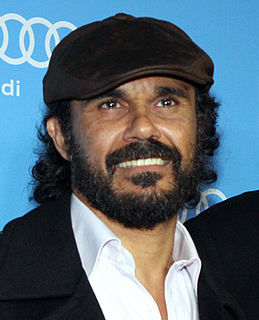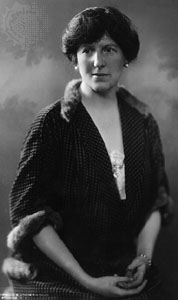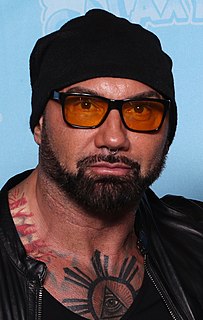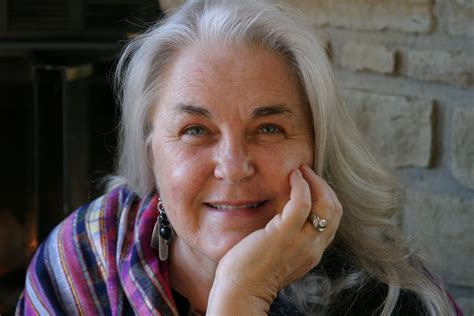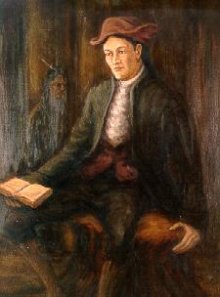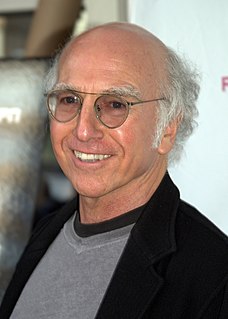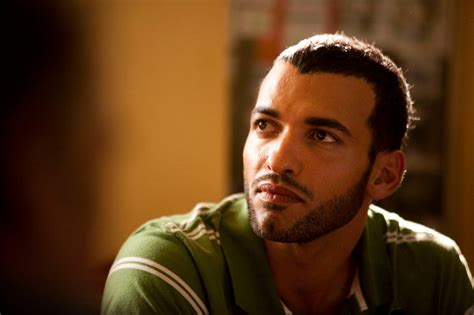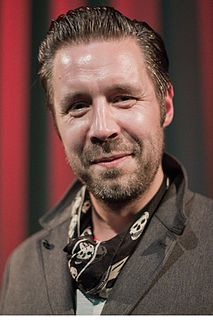A Quote by Aaron Pedersen
Actors have to have conversations not just with dialogue but with silences.
Quote Topics
Related Quotes
The pressure is always stepping on stage with actors who are just so well-established. It's a scary thing. I haven't been around the block that many times, especially not on big projects. Dialogue makes things easier. When you start bouncing dialogue off of other actors, it becomes comfortable; it becomes conversational.
Even the way Mamet describes silences within his plays is different. There are pauses; there are pauses within parentheses; there are pauses before dialogue; there are pauses in the spaces between the dialogue - there's this extraordinary vocabulary of silence which is all there on the page, mapped out.
One of the best side effects about working on 'Billions' that I did not anticipate were the number of conversations I had about gender identity with my fellow actors and also members of the crew. From the person holding the boom to the person wiring my microphone, just how many conversations I had with so many open minds and hearts.
A lot of the times the first take was the best, because the actors are not analyzing themselves as much; they just do it. I believe in happy accidents and I'm not necessarily into actors getting the dialogue exactly as I wrote it; I'm much more into them understanding the motivations and have it come out in a natural way, and maybe catch something that I didn't expect.
